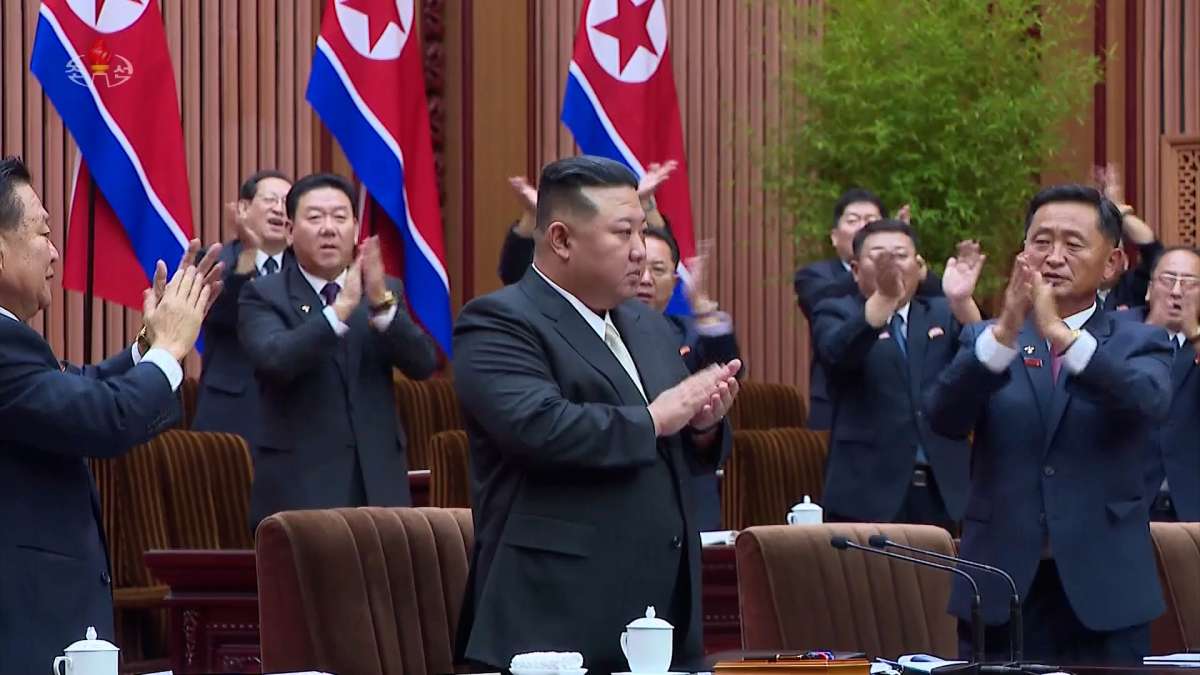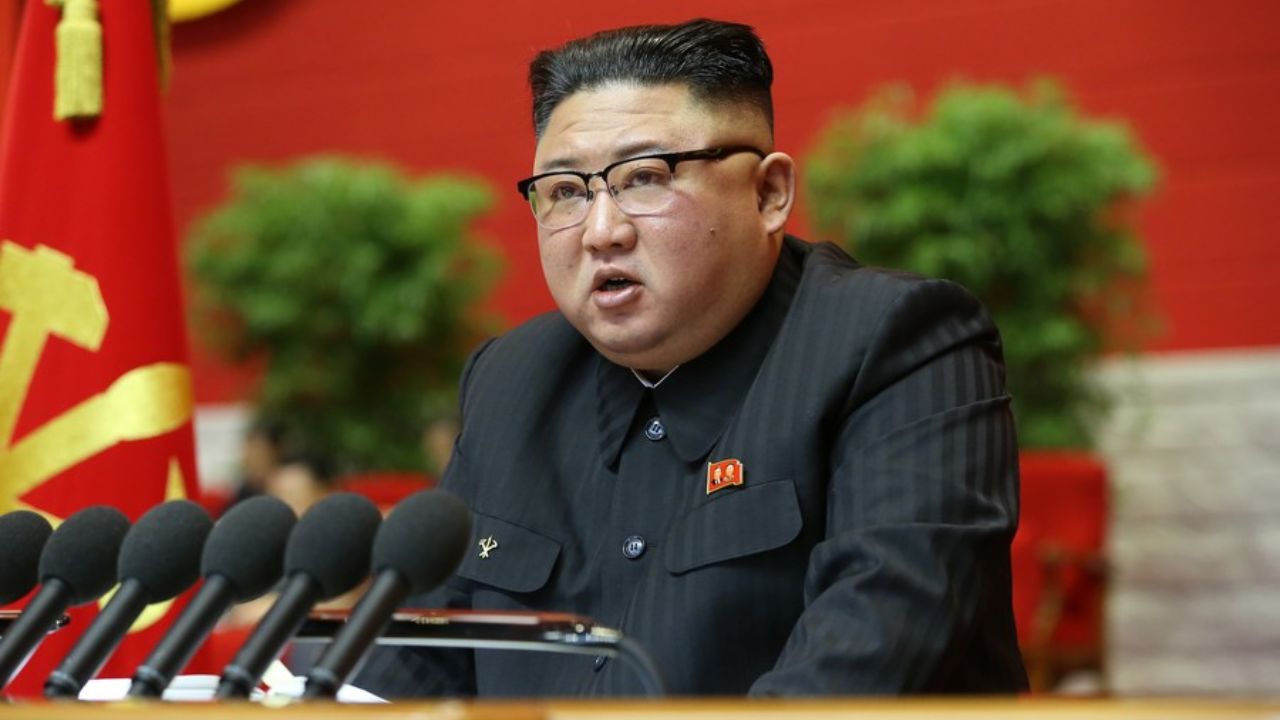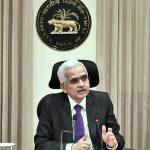The panel also reported continuous activities at the Punggye-ri nuclear test site, although no nuclear test has been detected since September 2017…reports Asian Lite News
North Korea’s state-sponsored hackers were responsible for cryptocurrency theft worth nearly $1.7 billion last year, the UN Panel of Experts on UN Security Council (UNSC) sanctions against Pyongyang has said.
Citing a cybersecurity firm’s report, the panel said that North Korean cyber theft last year was about three times the amount in 2021 while noting that it is prioritising cryptocurrency hacks to bankroll its nuclear weapons programme, reports Yonhap News Agency.
“Actors working for the Reconnaissance General Bureau continued to use increasingly sophisticated cybertechniques to steal funds and information,” the report said, referring to North Korea’s military intelligence agency.
It added that companies in the cryptocurrency, defence, energy and health sectors were particularly targeted.
The panel pointed to overseas North Korean workers, including some on student visas, as another source of revenue. The UNSC has imposed a ban on North Koreans working overseas on concerns that their income would contribute to North Korea’s weapons programmes.
The panel also reported continuous activities at the Punggye-ri nuclear test site, although no nuclear test has been detected since September 2017.
Touching on North Korea’s ballistic missile launches, the panel said that those tests contribute towards fulfilling two goals under the country’s five-year road map announced in January 2021 — the acquisition of a “ground-based solid propellant” intercontinental ballistic missile and “tactical nuclear weapons” capabilities.
Noting North Korea’s drive to bolster its war deterrence and “nuclear counterattack” capabilities, the panel said that these developments point to a strategy of deterrence akin to “second strike” capability — a term referring to a nuclear retaliatory strike capability.
The report, in addition, indicated that the North might have imported refined petroleum products beyond the permitted annual cap of 500,000 barrels.
From January 1 through May 1 this year, 25 North Korean-flagged tankers, including nine designated by the UN Security Council, made 46 deliveries of refined oil products.
To circumvent sanctions, North Korea was seen using various measures that included deactivating a vessel’s automatic identification system during shipments and conducting such shipments under the cover of darkness, usually before dawn or dusk, according to the panel.














